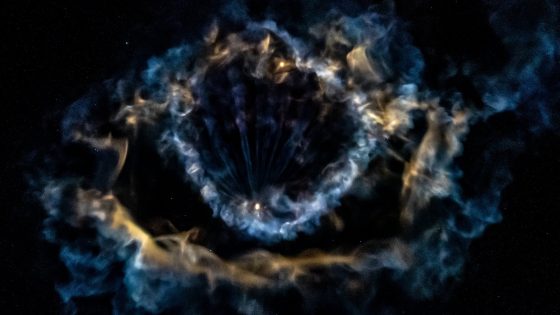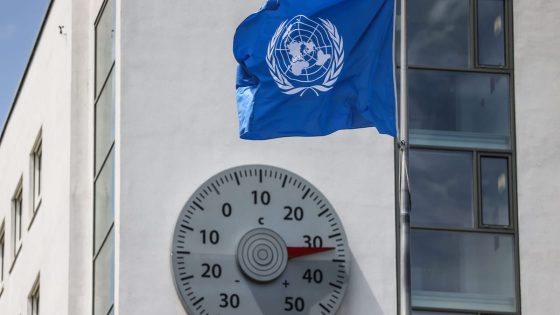On June 25, 2025, a SpaceX Falcon 9 rocket successfully launched, marking a significant milestone in private space exploration. This mission, known as Axiom-4, carries a diverse crew of astronauts to the International Space Station, showcasing the evolving landscape of space travel.
- Falcon 9 launched on June 25, 2025.
- Mission carried astronauts from three countries.
- Launch delayed due to weather and leaks.
- Crew will conduct 60 experiments in orbit.
- Reusable rocket system reduces spaceflight costs.
- Launch site located at Kennedy Space Center.
The Falcon 9 is renowned for its reusable technology, which aims to reduce the costs of spaceflight. This launch was particularly notable as it included astronauts from India, Hungary, and Poland, making it a historic event for these nations. After facing delays due to weather and technical issues, the rocket finally lifted off, demonstrating resilience in the face of challenges.
This mission raises an important question: How will international collaboration in space reshape our future? The successful launch not only emphasizes technological advancements but also fosters unity among nations in the pursuit of scientific discovery. Key points include:
- The inclusion of astronauts from diverse countries enhances global representation in space.
- Reusable rocket technology significantly lowers the cost of space missions.
- The Axiom-4 mission will conduct over 60 experiments, contributing to various fields.
As we look ahead, the success of Axiom-4 invites US to consider what new frontiers await humanity in space. Will we see more nations participating in future missions?
































